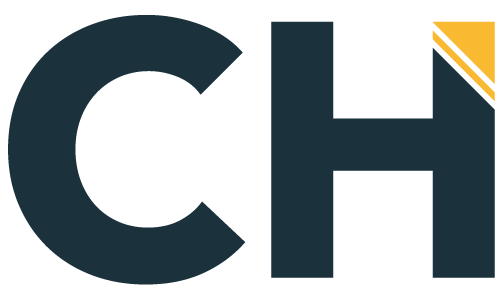In the rapidly evolving landscape of healthcare, where every advancement promises new possibilities, artificial intelligence (AI) stands out as a transformative force. For instance, AI-driven solutions have reduced patient wait times by 30% in major hospitals, reshaping patient experience (PX) and data security. AI is redefining interactions and revolutionizing the healthcare journey from initial contact to ongoing care. By 2025, AI aims to provide personalized, real-time responses, breaking traditional barriers and enhancing patient engagement. This transformation also underscores the importance of data security, an essential concern in healthcare. By leveraging advanced encryption and predictive algorithms, AI enhances data protection by identifying anomalies and potential breaches, thereby safeguarding patient trust in this new digital era.
Personalized Patient Engagement Through Omnichannel Solutions
AI’s profound impact in healthcare enables contact centers to deliver personalized interactions across various platforms. Patients benefit from consistent, tailored communications via phone, email, or chat, significantly improving both response times and outcomes. This omnichannel approach highlights the potential of AI-driven innovations. Our Bridging the Technology Gap case study illustrates how optimizing contact center technology supported growth by aligning the needs of patients, doctors, drug manufacturers, and insurers.
Enhancing Data Security and Efficient AI Adoption
As AI becomes a bigger part of healthcare, protecting patient data has to stay front and center. Strong security and smart adoption need to go hand in hand. That means using tools like encryption and predictive tracking to spot possible breaches before they happen, and keeping up with things like HIPAA and GDPR so you stay covered . Good data governance helps, too. Stuff like regular checks, limiting who has access, and knowing where your info lives all play a part in keeping everything safe and trustworthy.
Integrating AI presents challenges, such as adapting existing infrastructures and ensuring interoperability with legacy systems. Overcoming these requires strategic planning and fostering a culture of continuous learning. By focusing on seamless integration, organizations realize substantial cost efficiencies. For example, optimizing call routing and reducing administrative overhead with AI can cut operational costs by up to 20%, all while meeting regulatory standards.
Anticipating Future Trends: Data-Centric AI and Evolving Regulations
The healthcare sector’s future hinges on adopting transparent, explainable AI models that enhance efficiency while adhering to security and ethical standards. As data protection laws evolve internationally, comprehensive compliance frameworks become crucial for managing issues like cross-border data flows—ensuring that patient information shared across borders adheres to varied international standards. Our case study emphasizes aligning technology investments with strategic objectives, reducing costs, and enhancing patient experiences.
Focusing on Patient-Centered Design and Accessibility
Incorporating user-friendly interfaces and accessibility in AI-driven solutions is essential. For instance, AI-driven chatbots can bridge communication gaps by providing immediate, understandable responses in multiple languages, thus enhancing patient satisfaction and bridging digital literacy gaps. By prioritizing accessibility, healthcare providers strengthen connections with patients, regardless of their background or technical expertise.
AI’s integration into healthcare heralds a new era of patient experience and data security. By proactively addressing adoption and compliance challenges, organizations can fully leverage AI’s transformative potential. At CH Consulting Group, we offer tailored solutions for seamless integration and robust security, guiding you toward a secure, patient-centric future. Partner with us to bridge the technology gap and confidently navigate this dynamic frontier.




